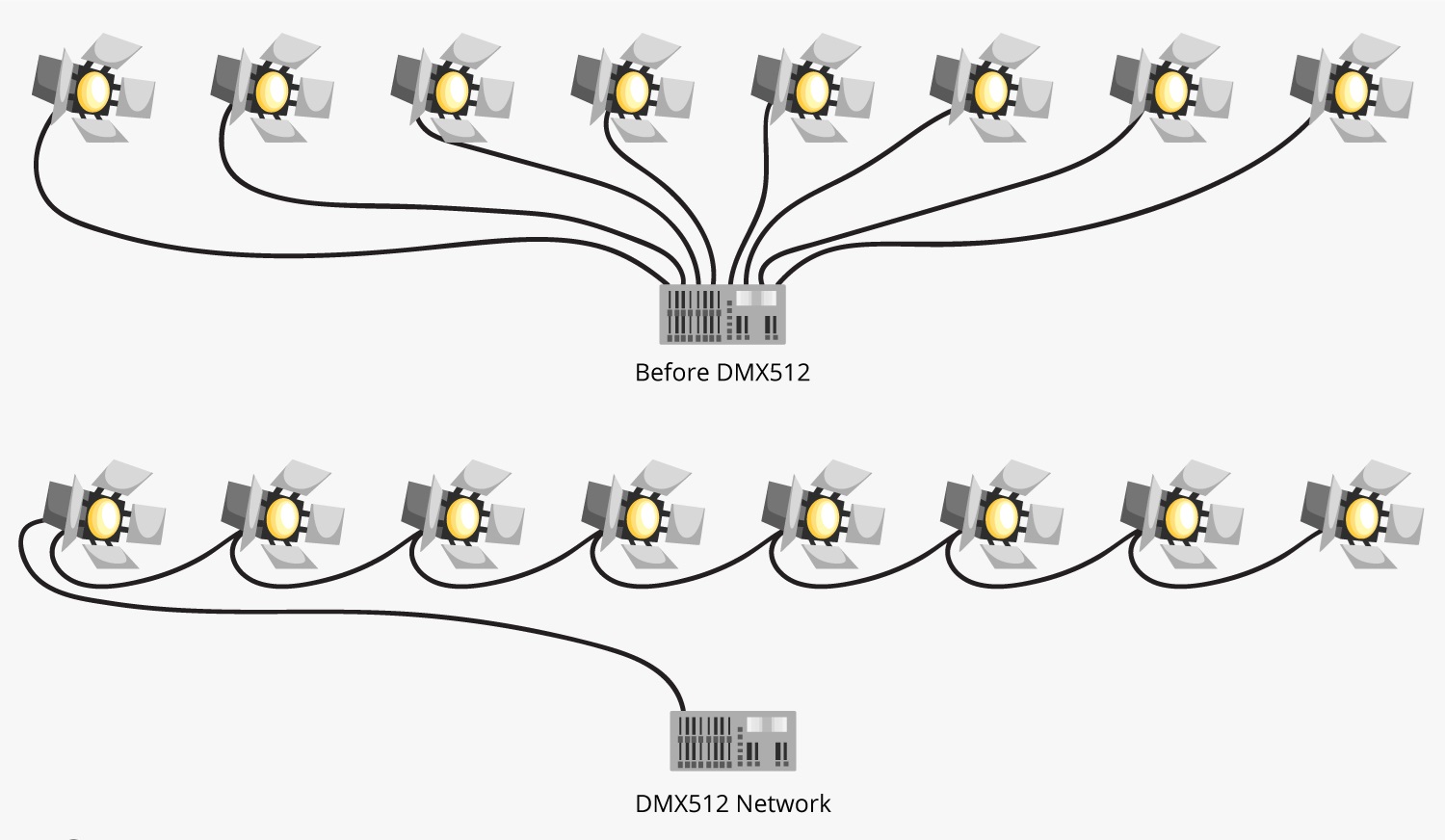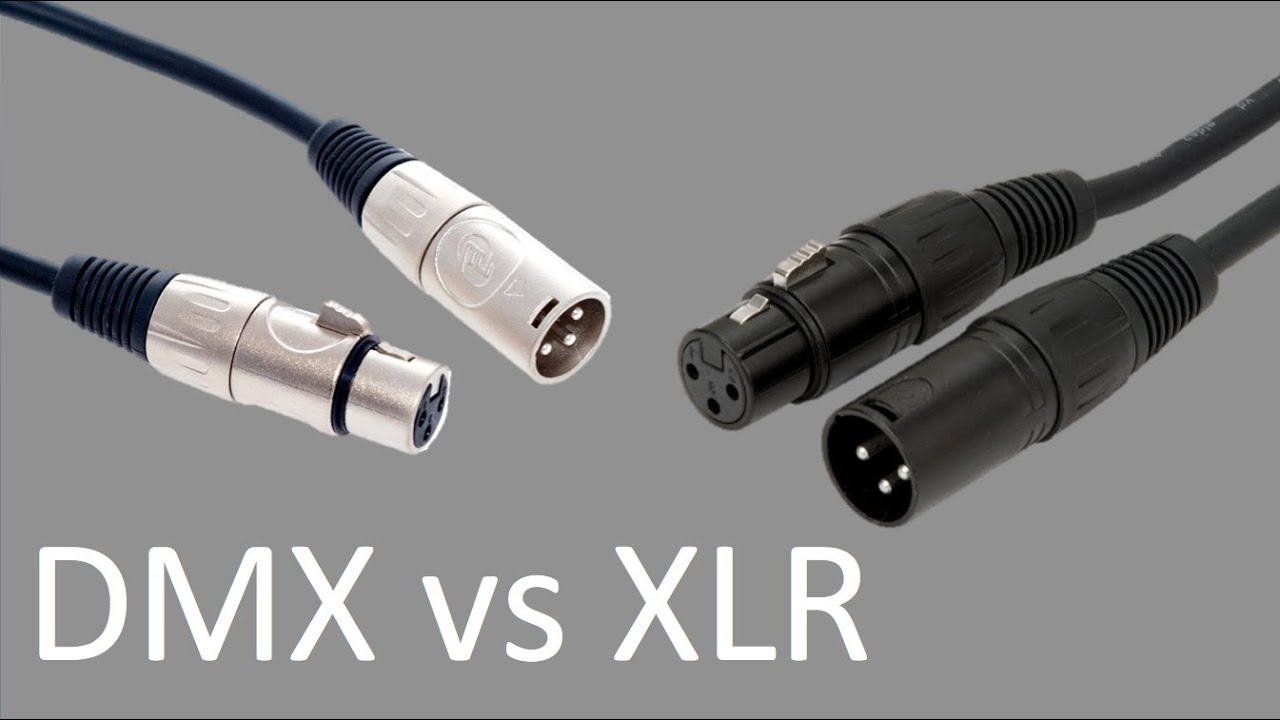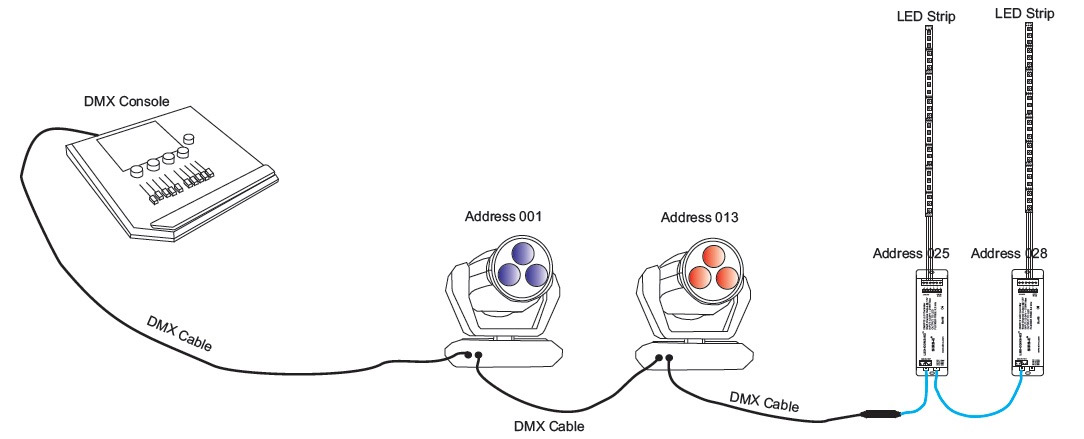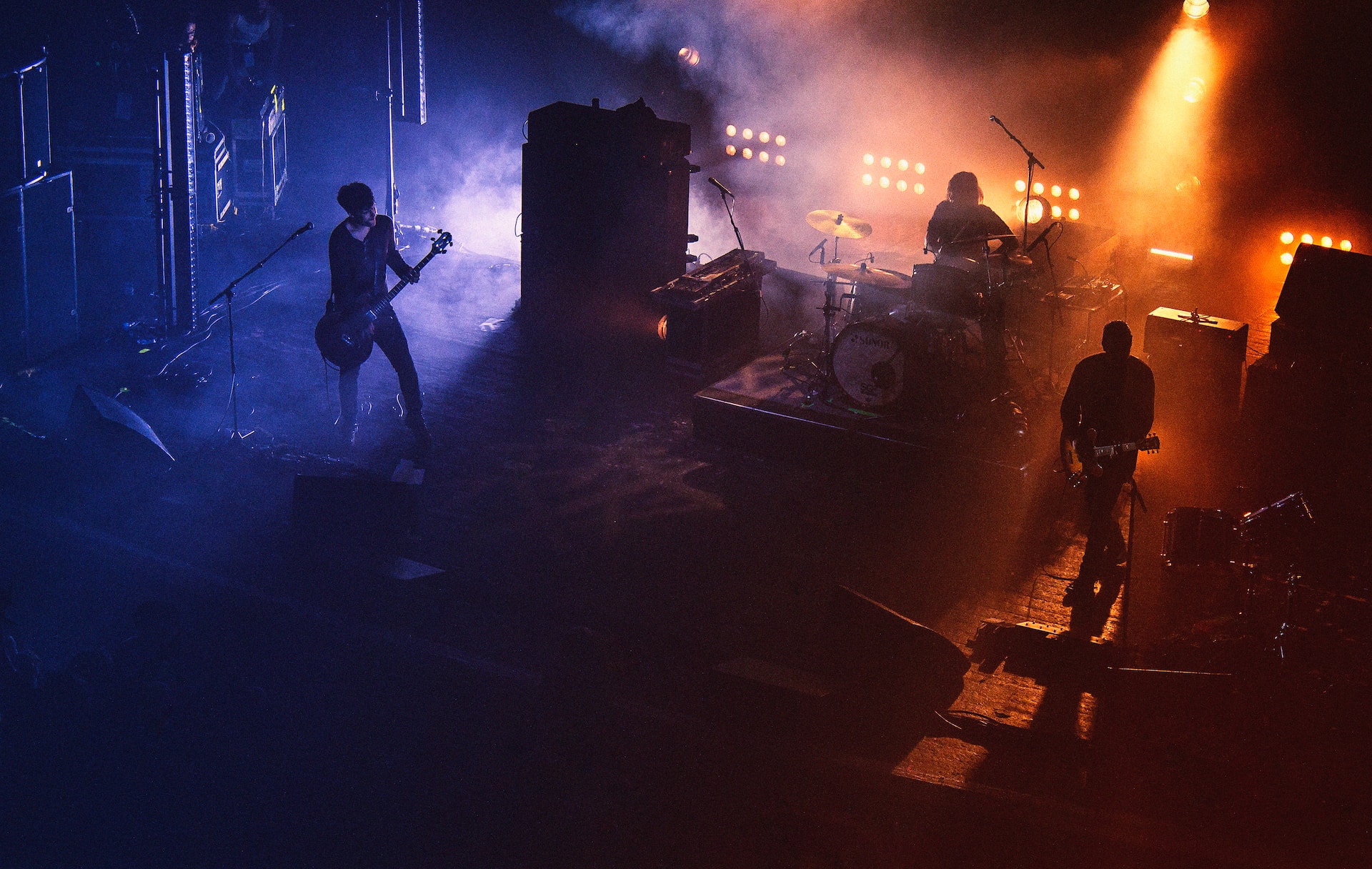Mixer pencahayaan adalah alat penting untuk mengontrol dan memprogram sistem pencahayaan. Ada dua jenis utama mixer pencahayaan: analog dan digital. Berikut adalah perbandingan detail tentang perbedaan, fitur, dan situasi di mana masing-masing jenis cocok digunakan….
Analog vs Digital lighting mixers
Lighting mixers are essential tools for controlling and programming lighting systems. They come in two primary types: analog and digital. Below is a detailed comparison of their differences, features, and the scenarios in which each type excels. Key Differences…
Perbedaan DMX protocol
Teknologi DMX (Digital Multiplex) menawarkan berbagai protokol yang dirancang untuk kebutuhan kontrol pencahayaan yang berbeda. Berikut adalah penjelasan lengkap tentang protokol DMX yang paling umum dan aplikasinya: 1. DMX512 DMX512 adalah protokol paling umum…
Different DMX protocols
DMX (Digital Multiplex) technology offers various protocols to suit different lighting control needs. Below is a detailed explanation of the most common DMX protocols and their applications: 1. DMX512 DMX512 is the most widely used and recognized protocol in the…
XLR vs DMX: What’s the Difference?
When it comes to cables in professional audio and lighting setups, XLR and DMX are two widely used types. At a glance, they might appear similar due to their standard 3-pin configuration, but their purposes and technical specifications differ significantly. What is…
Apa itu DMX
DMX, atau Digital Multiplex, adalah protokol komunikasi yang memungkinkan satu pengendali mengatur beberapa lampu secara bersamaan. Teknologi ini banyak digunakan dalam sistem pencahayaan profesional karena keandalannya, serta kemampuannya menciptakan suasana visual…
What is DMX?
DMX, or Digital Multiplex, is a communication protocol that allows a single controller to manage multiple lighting fixtures. It is widely used in professional lighting systems for its reliability and precision, playing a crucial role in creating immersive environments…
Apa itu ILDA laser?
ILDA lasers adalah proyektor laser yang menggunakan koneksi ILDA untuk mengontrol sistem cahaya laser. ILDA adalah singkatan dari International Laser Display Association, sebuah organisasi nirlaba yang bertujuan untuk mempromosikan penggunaan layar laser dalam…
What is ILDA lasers?
ILDA lasers refer to laser projectors that utilize an ILDA connection for controlling laser light systems. ILDA stands for the International Laser Display Association, a non-profit organization established to promote the use of laser displays in fields such as…
Jenis-Jenis Proyektor Laser
Proyektor laser adalah perangkat canggih yang menggunakan laser sebagai sumber cahaya untuk memproyeksikan gambar berkualitas tinggi ke layar. Proyektor ini dikenal karena tingkat kecerahan, akurasi warna, dan daya tahannya, sehingga menjadi pilihan populer untuk…
Different types of Laser projectors
Laser projectors are advanced devices that use lasers as their light source to project high-quality images onto screens. These projectors are widely appreciated for their brightness, color accuracy, and durability, making them a popular choice for home theaters,…
Apa yang dimaksud dengan Blinders dan Strobes
Blinders dan strobes adalah alat pencahayaan penting yang sering digunakan dalam acara langsung, konser, dan pertunjukan. Kedua alat ini memberikan dampak visual dramatis dan meningkatkan atmosfer dengan efeknya yang unik. Blinders Definisi dan Fungsi: Blinders, yang…



















































































































